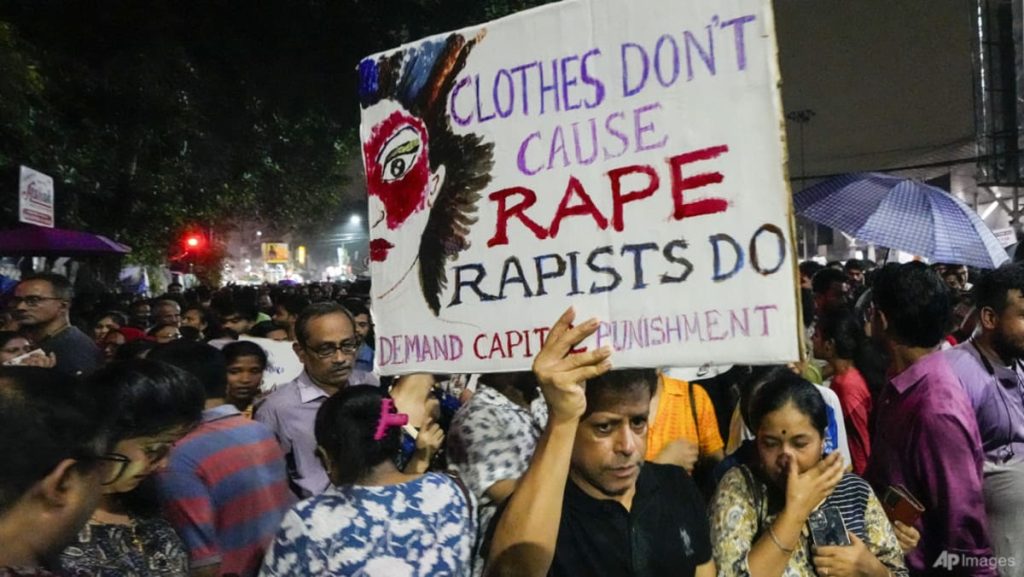Indian media recently reported a horrific incident in which a doctor was found murdered in a teaching hospital’s seminar hall. An autopsy confirmed that she was sexually assaulted, leading her parents to suspect that she was gang-raped. Police have detained a man who worked at the hospital, but they have been criticized for their handling of the case.
Amid growing public outrage, Kolkata’s High Court transferred the case to the Central Bureau of Investigation (CBI) in order to inspire public confidence. In response to the mishandling of the case, a mob of around 40 people stormed the grounds of the R G Kar Medical College and Hospital, causing destruction and clashing with police who fired tear gas.
West Bengal lawmaker Abhishek Banerjee condemned the violence but acknowledged that the demands of protesting doctors were fair and justified. This incident has reignited discussions about the prevalence of sexual violence against women in India, with nearly 90 rapes reported daily in 2022. The brutal nature of this attack has drawn comparisons to the infamous 2012 Delhi bus gang rape and murder that sparked nationwide protests.
In the wake of the Delhi bus rape incident, the government introduced harsher penalties for rapists and even the death penalty for repeat offenders. New sexual offences, such as stalking, were also addressed, along with holding officials accountable for failing to register rape complaints. Despite these measures, sexual violence against women continues to be a pervasive issue in Indian society, requiring a more comprehensive approach to address underlying systemic problems.
The tragic death of the doctor has once again highlighted the failure of Indian society to effectively combat sexual violence against women, with calls for greater accountability and reform within the justice system. The outpouring of public anger and protests following this incident underscores the urgent need for tangible action to protect and empower women in the face of pervasive gender-based violence.
In response to the growing outrage, authorities must prioritize the safety and well-being of women by implementing effective measures to prevent, investigate, and prosecute cases of sexual violence. This includes providing support services for survivors, holding perpetrators accountable, and addressing the root causes of gender-based violence through awareness campaigns and education. Only through a concerted effort to address the systemic issues at play can India make meaningful progress towards creating a safer and more equitable society for all its citizens.


